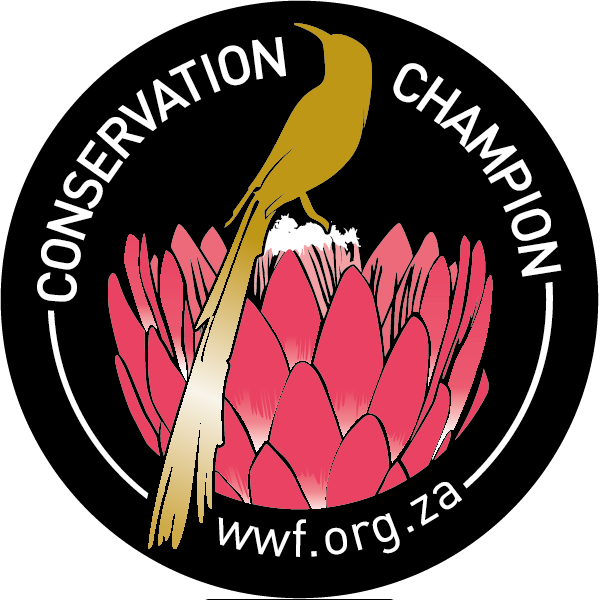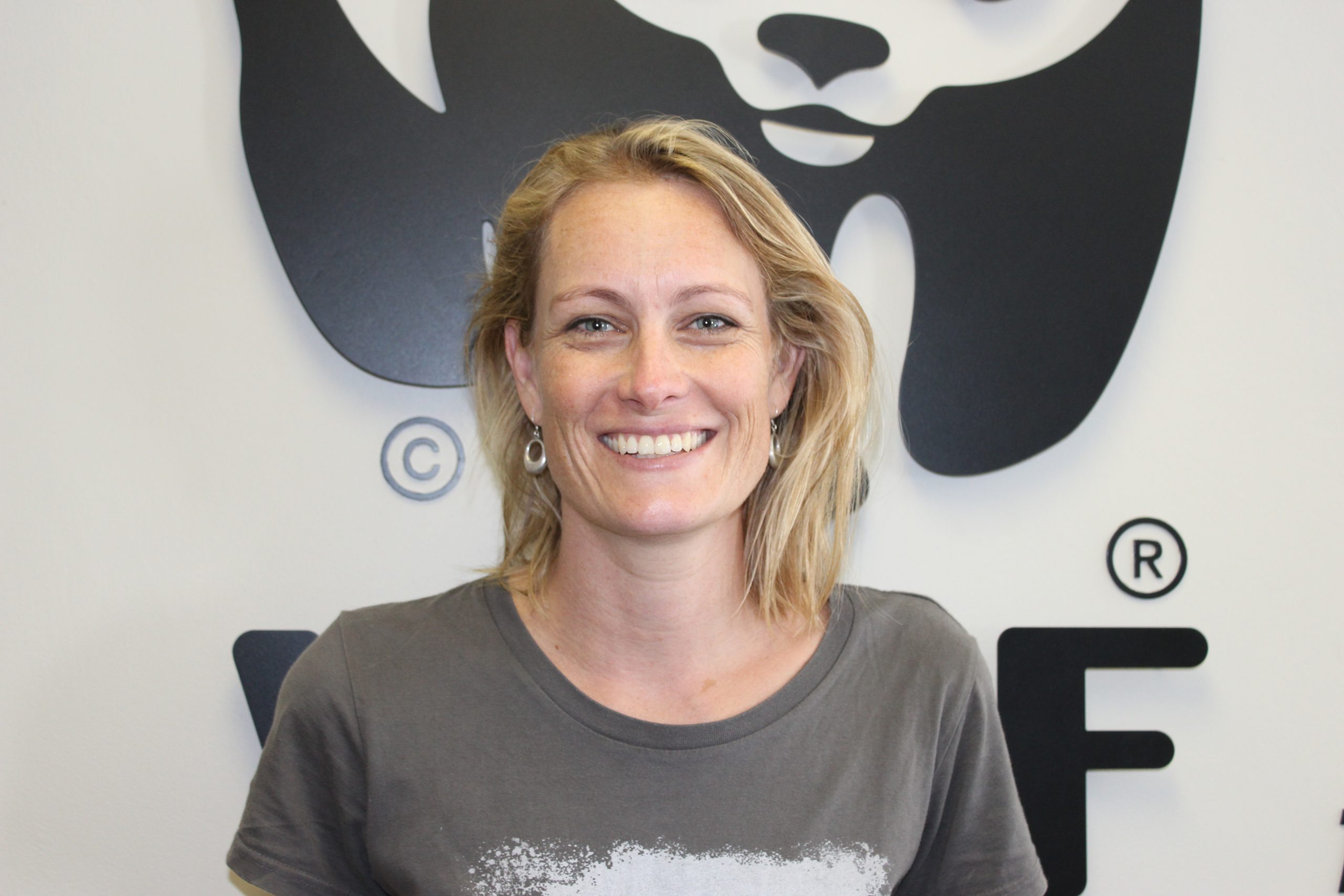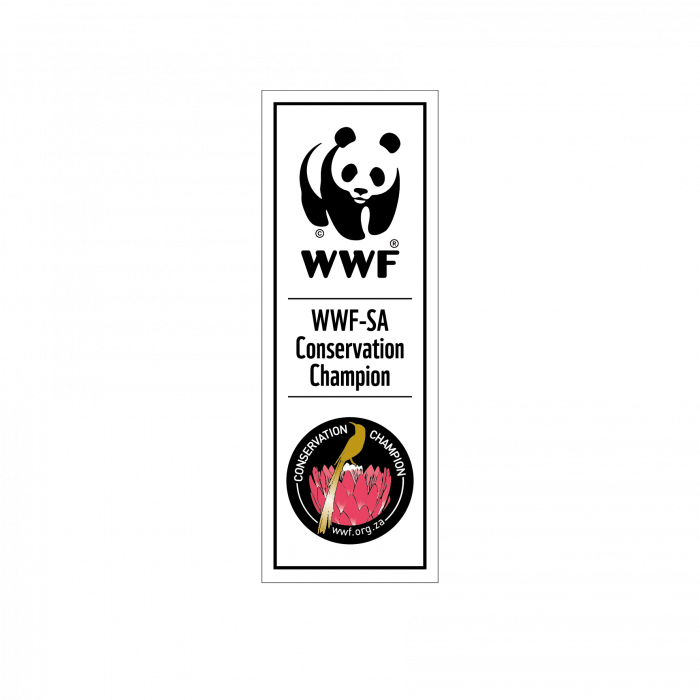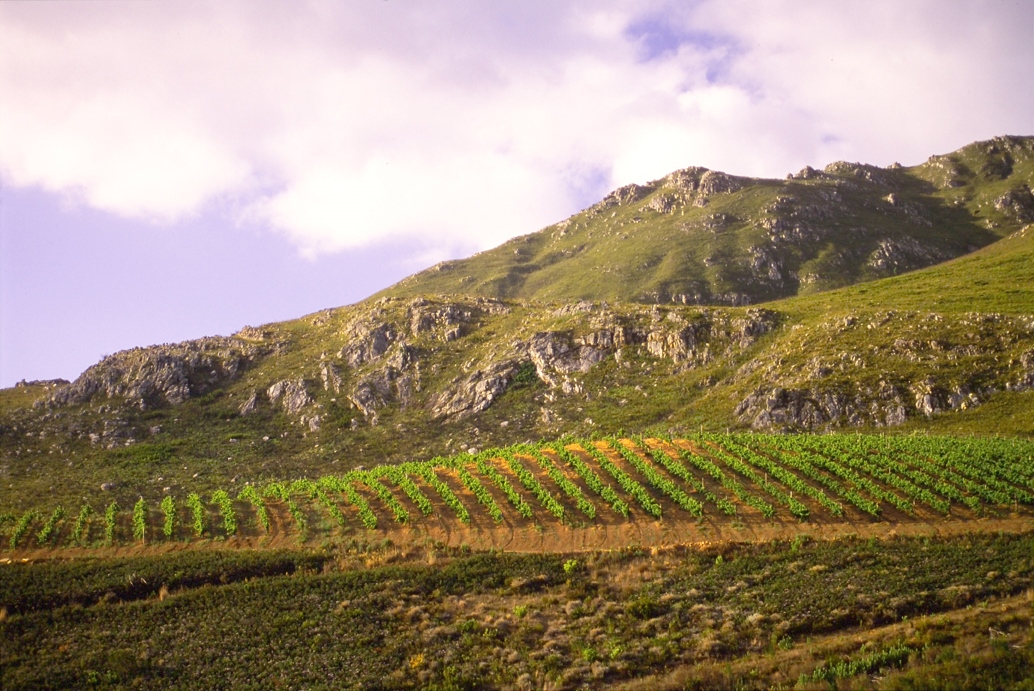The South African wine industry’s partnership with the World Wide Fund for Nature (WWF), the world’s most recognisable name in global conservation, has the potential to substantially grow the country’s wines’ international and local footprint as the demand for sustainable (agriculture) products increases. According to Shelly Fuller, WWF South Africa’s programme manager for the portfolio of sustainable fruit and wine projects, consumers and retailers worldwide are showing an interest in and a growing demand for sustainably farmed produce.
This demand is being fast-tracked by certain countries’ drafting legislation aimed at ensuring their importers focus on sourcing goods from countries championing sustainable and regenerative farming practices, particularly those that drive a shift towards renewable energy interventions and improved water security measures.
“For example, the EU recently announced an economic recovery package that includes a carbon tax on imports from countries not meeting certain requirements regarding carbon emissions and sustainability,” says Fuller. “This EU regulation, which comes into effect in 2023, is but one example of the new trend to so-called ‘green protectionism’ whereby countries aim to guard their economies against imports by seeking strict sustainable guarantees from other nations wanting to export to these countries.”

Here the partnership between the WWF and the South African wine industry – through the WWF Conservation Champions programme – is set to play an increasingly important role. This unique wine initiative underscores the local industry’s commitment to conservation, the close relationship between wine farmers and their natural environment, and the indigenous natural setting where the country’s wines are made. The WWF Conservation Champions, represented by 45 Cape wine farms, showcases the extraordinary measures local winegrowers have gone to protect and conserve the inimitable biodiverse natural habitat situated in and around their farms.
According to Fuller, the ethos of conservation among the wineland communities was formally established in 2004, and 16 years down the line the WWF Conservation Champions can rightfully position the South African wine industry as a world leader in not just wine, but in conservation and sustainability too.
“The programme was initially known as the Biodiversity and Wine Initiative (BWI), then largely funded by the wine industry and the South African Botanical Society,” she says. “Following 10 years of successful implementation but faced with limited resources in the wine community, and producers already levied to the hilt, the WWF decided in 2015 to restructure the programme and focus on driving continuous improvement and recognizing the environmental leaders in the industry, known as the Conservation Champions. When I joined the WWF in 2014, the dedication to conserving the winelands’ incredible natural habitat – shown by wine farmers, industry bodies and the local communities – was truly inspiring. Thanks to the early pioneers of the BWI concept, which includes Wines of South Africa (Wosa), who market the Cape’s wines internationally, the WWF Conservation Champions project is today a model example of the vital role agricultural land-owners play in conserving the environment.

Farmers who are WWF Conservation Champions own some 45 000ha of land between them, of which 22 000ha is conserved as a pristine part of the world-famous Cape Floral Kingdom comprising fynbos and Karoo succulent plants. The 45 members work closely with the WWF in their conservation endeavours, undertaking annual assessments to ensure they meet the specifications required of a Conservation Champion. All Champions’ credentials are also underscored by South Africa’s Integrated Production of Wine certification (IPW), with these wineries having achieved 70% or more in their IPW audit.
With the WWF Conservation Champions firmly established as an integral part of the country’s wine landscape and providing a genuine unique marketing proposition for brand South Africa, Fuller believes the next step is to harness the Champions, the industry bodies and the rest of the wine community to support and promote this exceptional part of the nation’s identity as a wine producer.
“WWF Conservation Champions are spread across the Cape winelands, from Constantia to Robertson, Stellenbosch to the Hemel-en-Aarde Valley,” says Fuller. “Their reach showcases and protects the rich biodiversity of the winelands, including the Cape Floral Kingdom with over 9 000 indigenous plant species and myriad birds, mammals, insects and reptiles. The dazzling array of microclimates and terroirs are not only home to diverse fauna and flora but are also the very reason why the Cape winelands are able to produce such a diverse range of site-specific wines.

“The fact that South African wines are produced in this natural environment, and one that is managed according to conservation principals under stewardship of the WWF, has to make an appealing case for buying Cape wines. Conservation has always been important to the local industry. With the international wine trade today being more vigilant than ever in ensuring it sources wine from naturally sustainable origins of production, the WWF Conservation Champions are set to unleash the economic and financial proposition together with its conservation credentials.”
Fuller says that as a collaboration, the WWF Conservation Champions has upped its game, now also including aspects such as water conservation, decreasing carbon emissions and driving community upliftment along with the preservation of pristine natural habitat.
“Thanks to the brilliant support from the Champions and their pioneering approach to sustainability in wine production, the project has truly gained momentum over the past three to four years,” she says. “Requests for membership are growing and from the WWF’s side, we are increasing our marketing of the Champions project. The next step is to turn this groundswell of good-will and visceral conservation support into economic gain – not only for WWF Conservation Champions themselves, but for the South Africa wine industry.”
The striking WWF Conservation Champions logo of an indigenous Cape sugarbird identifies and acknowledges the wine made by these wineries in tandem with their unique natural environment.
Fuller says that with the international wine trade aggressively seeking green credentials from suppliers, as well as the presence of the so-called green protectionism within South Africa’s export markets, Conservation Champions have the potential to truly capture the imagination of the wine world – as long as a suitable amount of awareness of the Champions and the country’s conservation ethos is gained.
“The WWF Conservation Champions programme will be working closely with members, assisting them to roll out a more extensive marketing campaign to promote this aspect of Cape wine, as well as actively seeking partnerships with international wine retailers who can commit to supporting wine produced by our Conservation Champions,” says Fuller. “However, the entire South African wine industry stands to gain through a greater marketing emphasis on conservation and sustainability, of which the WWF Conservation Champions is but one feature. By creating a greater awareness of the Conservation Champions and the WWF’s involvement with the Cape wine industry, South Africa has the potential to be seen as a global leader in conservation and sustainability, which can translate into more support for and fascination with South African wines.”




